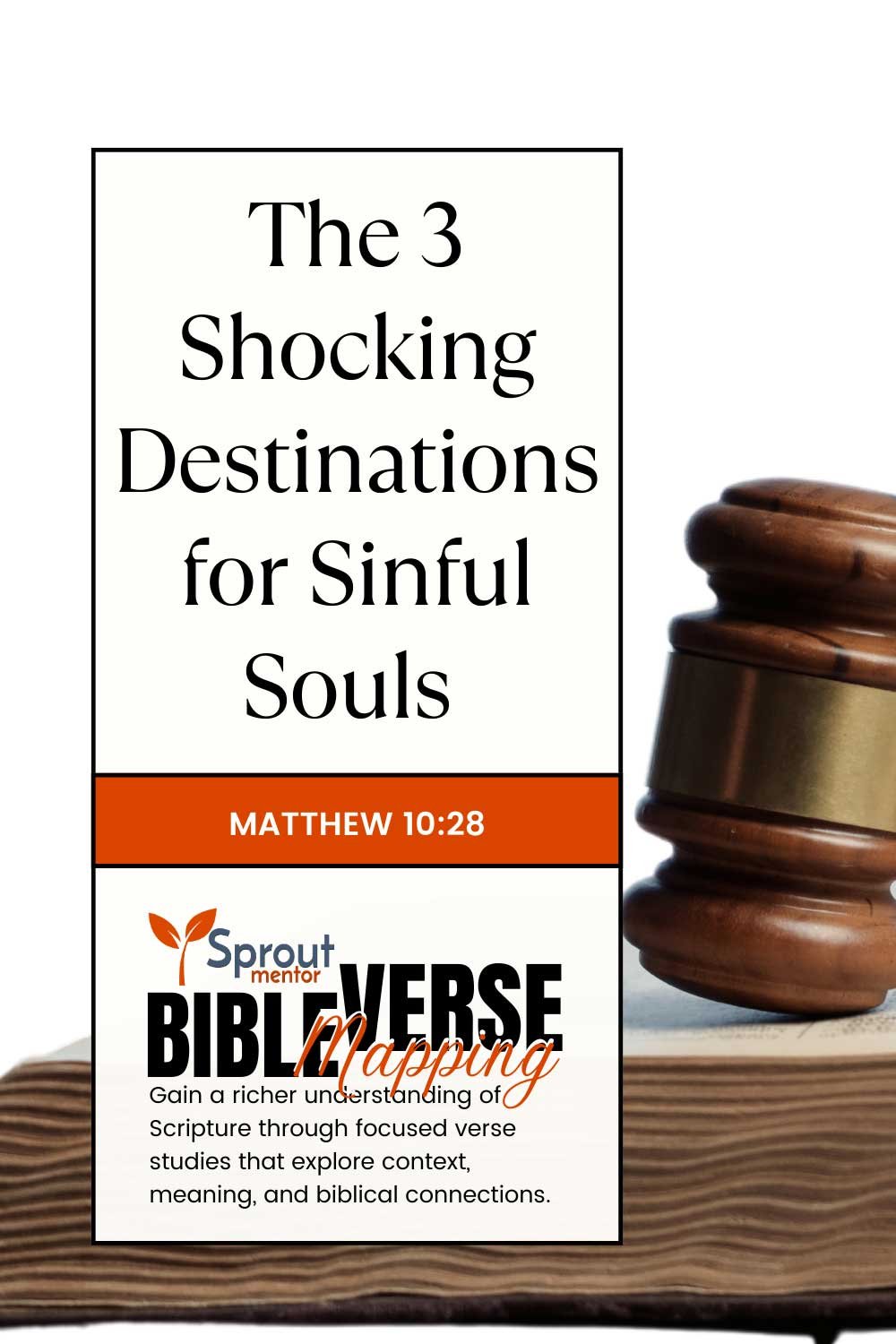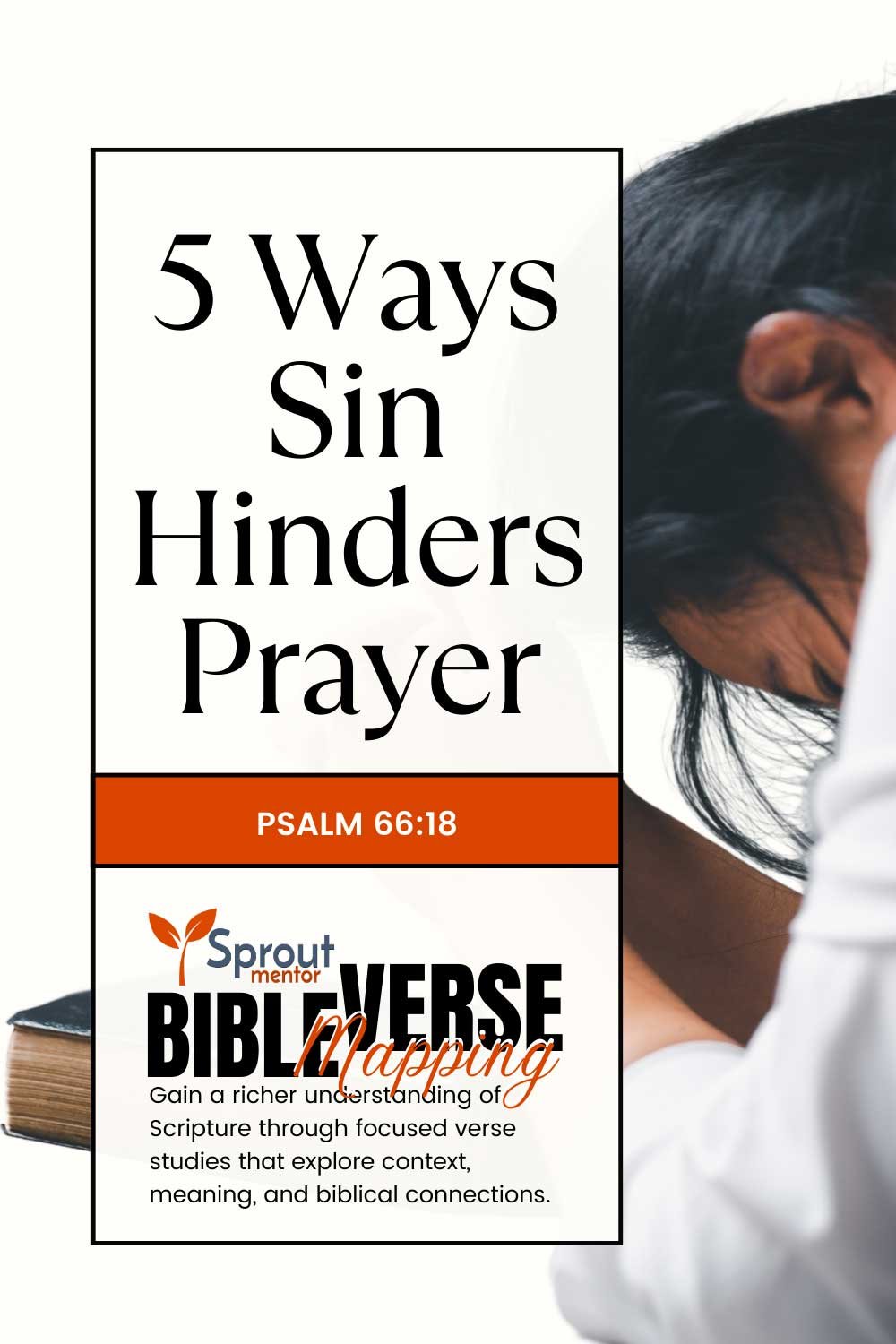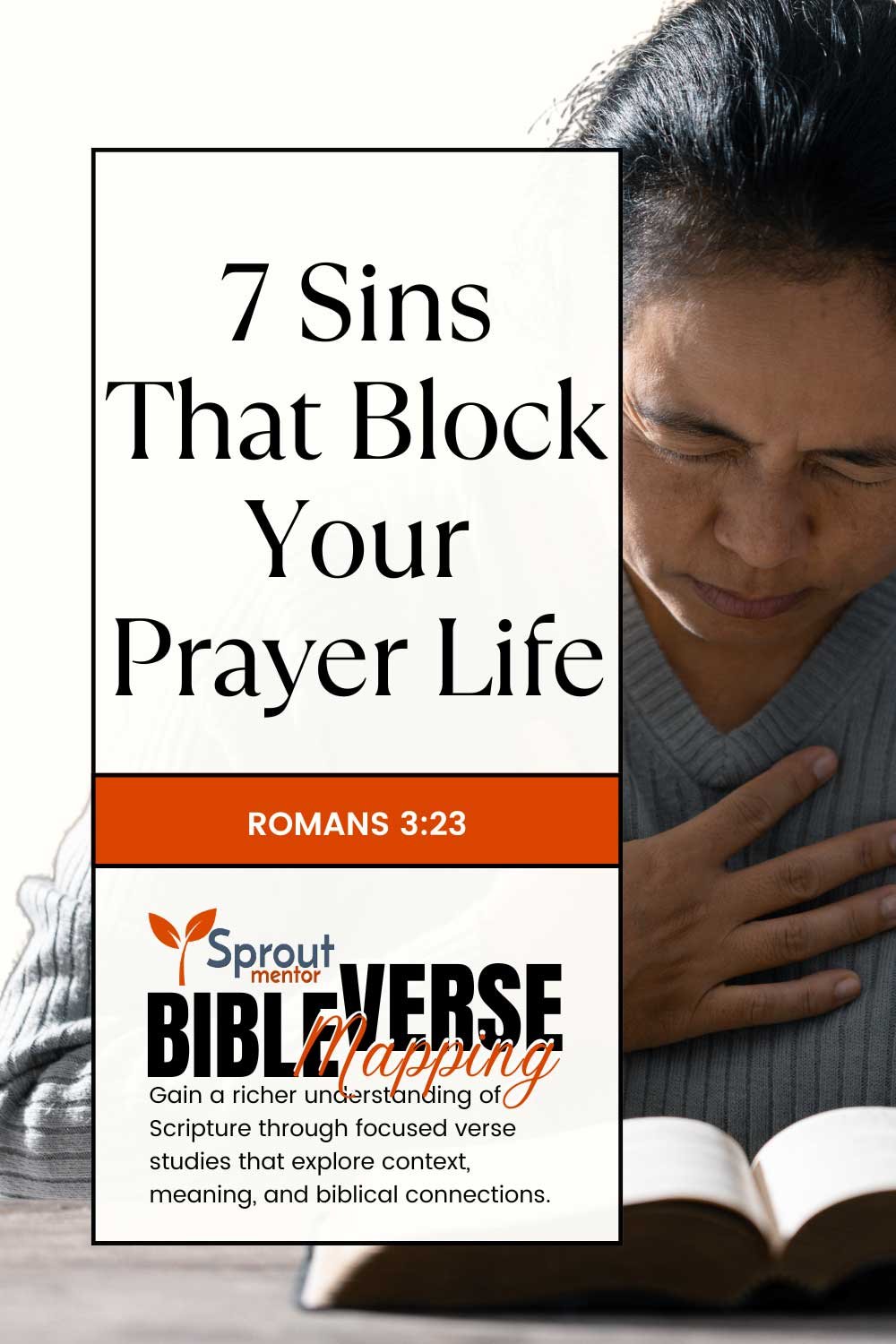The 3 Shocking Destinations for Sinful Souls (Matthew 10:28)

Share This Blog Post On:
Facing unseen battles in your daily life? We equip you with biblical truth and practical strategies to stand firm against spiritual opposition. Join us for insights on spiritual warfare and strength for your faith journey. Click here to armor up and walk in victory, one truth at a time!
“And fear not them which kill the body, but are not able to kill the soul: but rather fear him which is able to destroy both soul and body in hell.” (Matthew 10:28, KJV)
In this verse, Jesus underscores a profound truth about human existence: the soul’s eternal nature and its vulnerability to God’s judgment. The destiny of the soul that chooses wickedness is death (Ezekiel 18:20). In this verse, Jesus reveals that God will put to death sinful souls by destroying them in a place called hell. There are three specific places in hell where the souls of sinners are destined, depending on their nature and deeds.
#1 – Hades
Hades, often referred to as “the place of the dead,” is the temporary dwelling for human souls who lived in sin. In Luke 16:23-24, Jesus shared the story of the rich man and Lazarus, illustrating the contrasting fates of a wicked man and a righteous one. Lazarus found himself in Abraham’s bosom (Paradise), a place of comfort, while the rich man was tormented in Hades. In Hades, there is no hope of escape or intervention. Its suffering is a reminder of the consequences of a life lived apart from God.
Hades is not only a place of torment but also one of unrelenting awareness. The rich man recalls his life and regrets his choices, pleading for relief and warning his family (Luke 16:27-28). This narrative reveals that while the physical body perishes, the soul retains its faculties—memory, emotions, and the capacity for regret.
#2 – Tartarus
Tartarus is reserved for angelic beings who sinned against God, particularly those who participated in the rebellion of Satan or corrupted humanity as described in Genesis 6:1-2. These fallen angels, often referred to as “the sons of God,” abandoned their heavenly estate and were consequently bound in Tartarus, awaiting judgment (2 Peter 2:4, Jude 6).
Tartarus is a place of confinement and spiritual darkness. These angels are held in chains, illustrating the severity of their disobedience and the unyielding justice of God. The rebellion in heaven (Revelation 12:7-10) and the subsequent corruption of humanity mark these beings as participants in one of the most profound acts of defiance against God’s will.
While human souls in Hades await final judgment, the fallen angels in Tartarus face certain condemnation, emphasizing that no created being, not even celestial ones, is beyond accountability to God.
#3 – Gehenna
Gehenna, also known as the Lake of Fire, is the ultimate place of eternal punishment. Unlike Hades and Tartarus, which are temporary holding places, Gehenna is permanent and final. Revelation 20:11-14 describes the Great White Throne Judgment, where the dead are judged according to their works. Those whose names are not found in the Book of Life are cast into Gehenna.
The suffering in Gehenna is eternal, a place of unquenchable fire and utter separation from God. It is still empty, awaiting the final judgment, but its certainty serves as a sobering reminder of the consequences of rejecting God’s salvation through Jesus Christ.
Gehenna’s existence highlights God’s justice and the ultimate accountability of every soul. It is not a place God desires anyone to go to; rather, it is the inevitable result of a life lived in rebellion against Him.
In conclusion, the soul is a precious gift from God (Genesis 2:7) and carries with it the responsibility of choice. Each decision we make shapes our eternal destiny. For example, Adam’s disobedience brought sin into the world, but Jesus’ obedience offered redemption and eternal life. That means in every choice you make, you are not deciding between right or wrong, bad or good but you are choosing life or death (Deuteronomy 30:19).
The places of Hades, Tartarus, and Gehenna are not destinations we should desire or take lightly. Instead, they are warnings that emphasize the weight of our choices. Jesus’ sacrifice offers a way out of these fates, granting us the opportunity to have our names written in the Book of Life (John 14:6).
Beloved, let us choose life over death by accepting Jesus Christ as Lord and Savior (Romans 10:13). Let us honor the gift of our soul by living for His glory, ensuring that our eternal destination is in His presence, where joy and peace abound forever.

Continue Reading More On Spiritual Warfare In The Guides Below:
|


![5-WAYS-Unconfessed-SIN-Can-RUIN-Your-Life-[2-Samuel-126-14]](https://sproutmentor.com/wp-content/uploads/2024/06/5-WAYS-Unconfessed-SIN-Can-RUIN-Your-Life-2-Samuel-126-14.jpg)
![5-Steps-to-DITCH-Sin-&-Get-CLOSER-to-God-[Luke-1517-32]](https://sproutmentor.com/wp-content/uploads/2024/05/5-Steps-to-DITCH-Sin-Get-CLOSER-to-God-Luke-1517-32.jpg)



